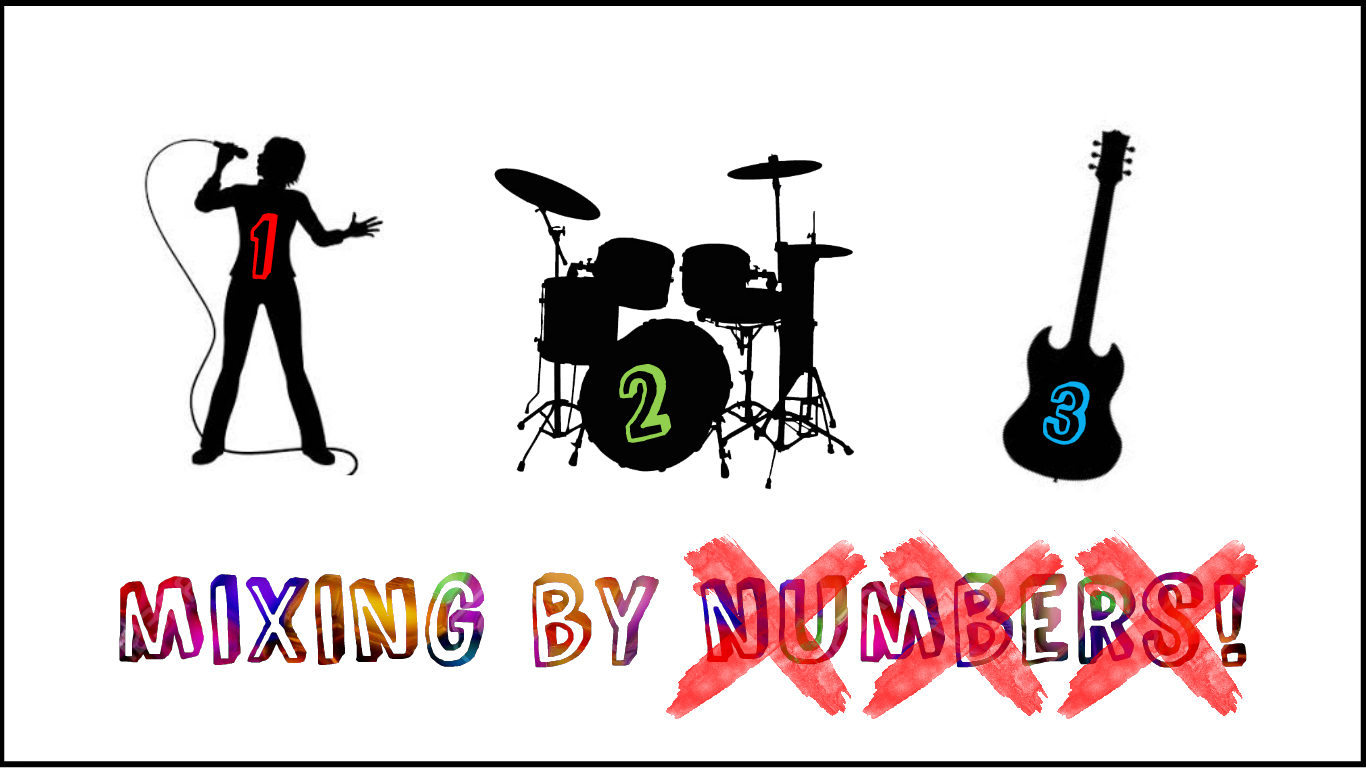
Are You Overthinking EQ?
Finn McKenty

Introduction:
EQ, It’s one of the most difficult tools for newer engineers to get their heads around when first starting out, and is also the tool most prone to being misused due to various bad habits & misconceptions which can develop during the learning process.
This week, I’ll be sharing with you one of the most important, workflow-altering mixing revelations I’ve had in my years of audio, and hopefully help you course-correct away from any EQ mistakes you’ve been making on the regular.
It’s Music, Not Math… Don’t Over-Complicate It!

Mixing isn’t meant to be a math-driven technical process based on a bunch of exact numbers or frequencies… It’s meant to be a gut-driven musical process based on feeling and emotion!
Time for a little backstory…
When I first started getting into the world of audio, I’d hear well-known engineers describing sounds with words like “warmth”, “presence” & “air”. As a tech-oriented guy, I always used to think that these old-timers were lame, and stubbornly preferred to think in more analytical/surgical “100-250Hz, 2-4kHz & 10kHz” terms.
As the years went by, and my scientific knowledge of audio improved, I felt like my mixes were technically becoming “cleaner”… But always missing a certain something that I couldn’t quite put my finger on.
This lack of progression continued, and I began over-analysing every mix I did in search of the missing “spark”… All the while digging myself into a deeper hole of over-processing and “empty” sounding mixes.
It wasn’t until I re-watched an old mixing tutorial by a famous engineer while in search of “secret mixing tips” (in a moment of mixing depression) that I realised…
The real “not-so-secret” key to a great mix:
The engineer wasn’t blindly tweaking specific frequencies based on any cold, hard “mixing rules” that he’d read in a book… Neither did he look like he was in a stressed-out “analytical mode”… (as I usually was while mixing)
On the contrary! He was listening to each instrument and diagnosing the problems based off-of simple gut reactions such as “this guitar is a bit painful to listen to” or “that kick drum isn’t hitting me hard enough in the chest”.
The 100-track mix he pulled off with 2 hours of minimalist tweaking based on nothing more than pure musicality and emotion was leaps-and-bounds better than the super-technical “stupid-amounts-of-surgical-EQ” mixes I’d spent days, or even weeks on in the past!
After realising these seemingly-simply mixing approach characteristics, I decided to give a mix I’d been working on at the time another go, but this time, I threw all of my usual go-to habits/settings out of the window and listen as a music lover rather than a techhead.
To my absolute amazement, that mix ended up being the best sounding, most enjoyable one I had done to date! (The client was also very pleased, and had no revisions upon delivery – That was a first!)
My point is…
Don’t “EQ By Numbers”!

It’s easy to read generalised mixing “rules” such as “500Hz is boxiness, 250Hz is mud, etc…” and then automatically/blindly proceed to mess with those frequencies in every single instrument, on every single mix you do…
Don’t get me wrong, it’s extremely important to know the frequency ranges in which certain qualities/shortcomings of an instrument can be found, but this doesn’t mean that you should habitually go in and instantiate bands of EQ and start boosting/cutting them without even listening-to & diagnosing the sound first!
CONCLUSION:
It’s funny how you can spend years trying to improve your mixes by getting more and more complicated… Or using fancy techniques/ways of thinking… Only to come full circle and realise that the most basic things which you discarded as “stupid” or “basic” when you first began were actually the far superior approach all along!
Final Words:
This concludes “Are You Overthinking EQ?” I hope that this article has given you some new ideas to try out during your next project. Be sure to comment below if any of this information has helped you out, or if you have any questions.
Stay tuned for more production/mixing related articles in the not-so-distant future!
Want mix tips from URM Academy? Read them here!
 Nail The Mix is our online mixing school that gives you REAL multi-tracks from REAL bands, plus a mixing class from the producer who recorded it. Past guests include Periphery, Chelsea Grin, Machine Head and State Champs. Join now for instant access!
Nail The Mix is our online mixing school that gives you REAL multi-tracks from REAL bands, plus a mixing class from the producer who recorded it. Past guests include Periphery, Chelsea Grin, Machine Head and State Champs. Join now for instant access!

